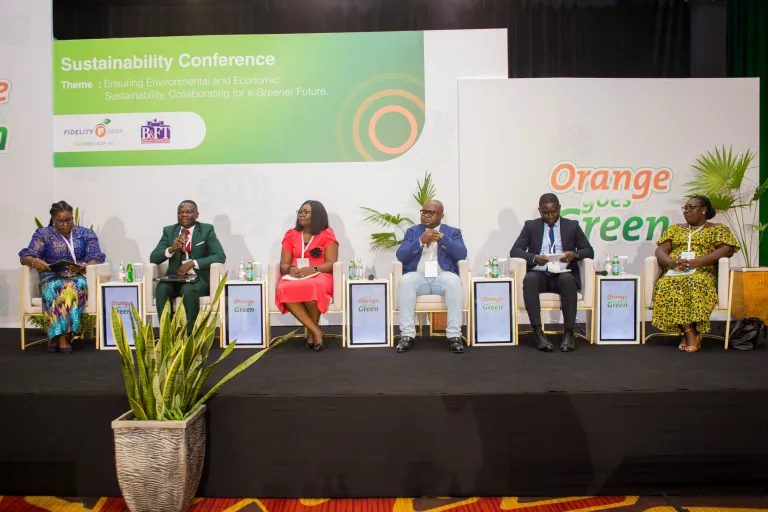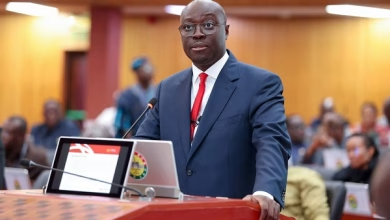Experts have underscored the critical role of collaboration between the government and the private sector in ensuring sustainable food systems in Ghana.
This call comes amidst growing concerns about food insecurity in the country, exacerbated by the impacts of climate change.
At the 2024 Sustainability Summit, panelists discussed the urgent need for a more proactive approach to addressing the challenges posed by climate change to agriculture.
They emphasized that by working together, government and private sector entities can drive large-scale food production while mitigating the negative effects of climate change.
Dr. Glenn Kwabena Gyimah, General Manager of the Green Transition Office at Jospong Group, argued that Ghana needs to strengthen its food systems to address the looming food insecurity crisis.
He highlighted the importance of partnerships between the public and private sectors to attract investment, technology, and expertise.
Jospong Group is already leading by example, cultivating 250 hectares of rice in Akuse using environmentally-friendly technology.
The company’s initiative demonstrates the potential for large-scale, sustainable agriculture in Ghana.
Emelia Ghansah, Head of Training at the General Agricultural Workers Union (GAWU), emphasized the importance of collaboration between government, research institutions, and the private sector to promote agroecology.
GAWU is working with research institutions to develop new seed varieties and farming techniques that can improve productivity while protecting the environment.
Madam Ghansah stressed that the agricultural sector must prioritize agroecology, a farming approach that emphasizes the interdependence of natural systems and the use of appropriate technologies.
Agroecology can help address the shortcomings of conventional farming practices, which have led to high fertilizer costs, environmental degradation, and negative impacts on the health of farmers.
Dr. Michael Tuffuor, Head of Department of Water Resources and Sustainable Development at the University of Environment and Sustainable Development, called for real-time solutions to address the drought currently affecting farms in Ghana.
He emphasized the need for proactive engagement with stakeholders to develop effective strategies.
Dr. Tuffuor also advocated for incorporating climate change and sustainable food systems into university curricula to equip future generations with the knowledge and skills needed to address these challenges.
Dr. Portia Adade Williams, a Research Scientist at CSIR-STEP Ghana, highlighted the importance of implementing existing policies to make the agriculture sector resilient.
She emphasized the need for strong collaboration between the public and private sectors to push these policies forward and enforce regulations.
Fred Kukubor, Managing Partner of Farmer Globale, emphasized the role of technology in sustainable food systems.
He called on the government to support farmers by providing solar-powered equipment for farming, agro processing, and climate-smart cooking.
The World Bank estimates that Ghana will need approximately US$2 billion annually to fund and maintain climate-smart agriculture.
With rising temperatures projected to lower yields of major staple crops, the need for urgent action to mitigate the impacts of climate change is more pressing than ever.

